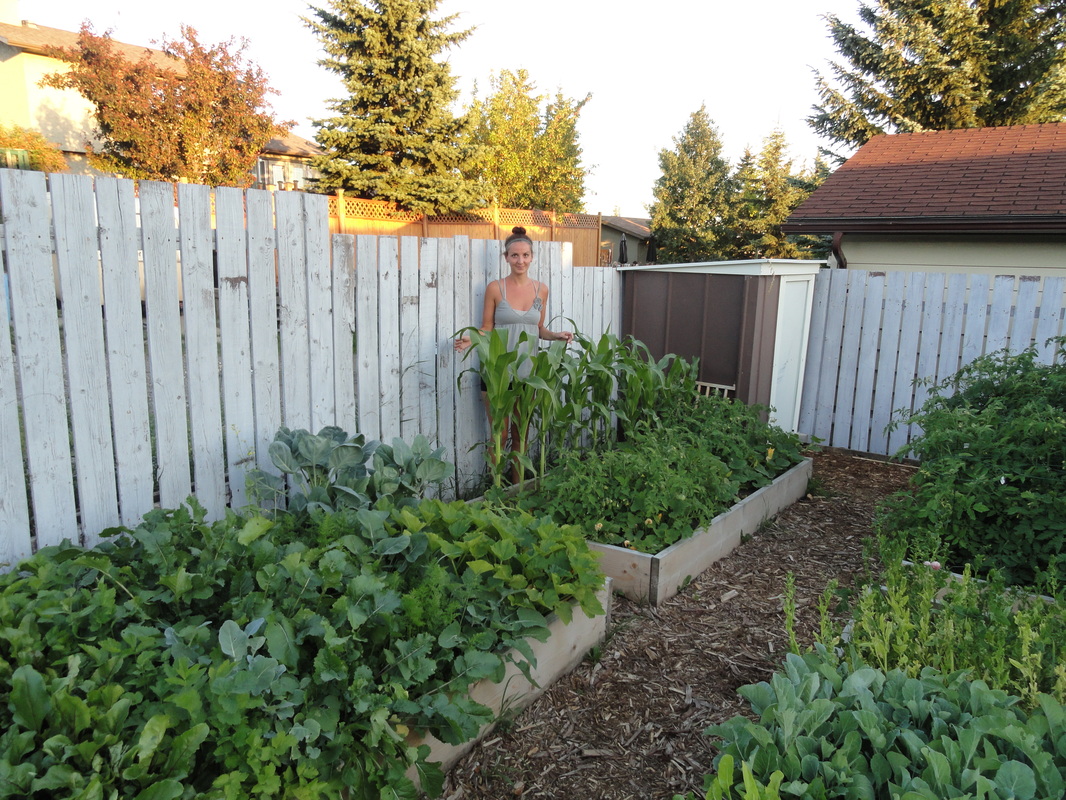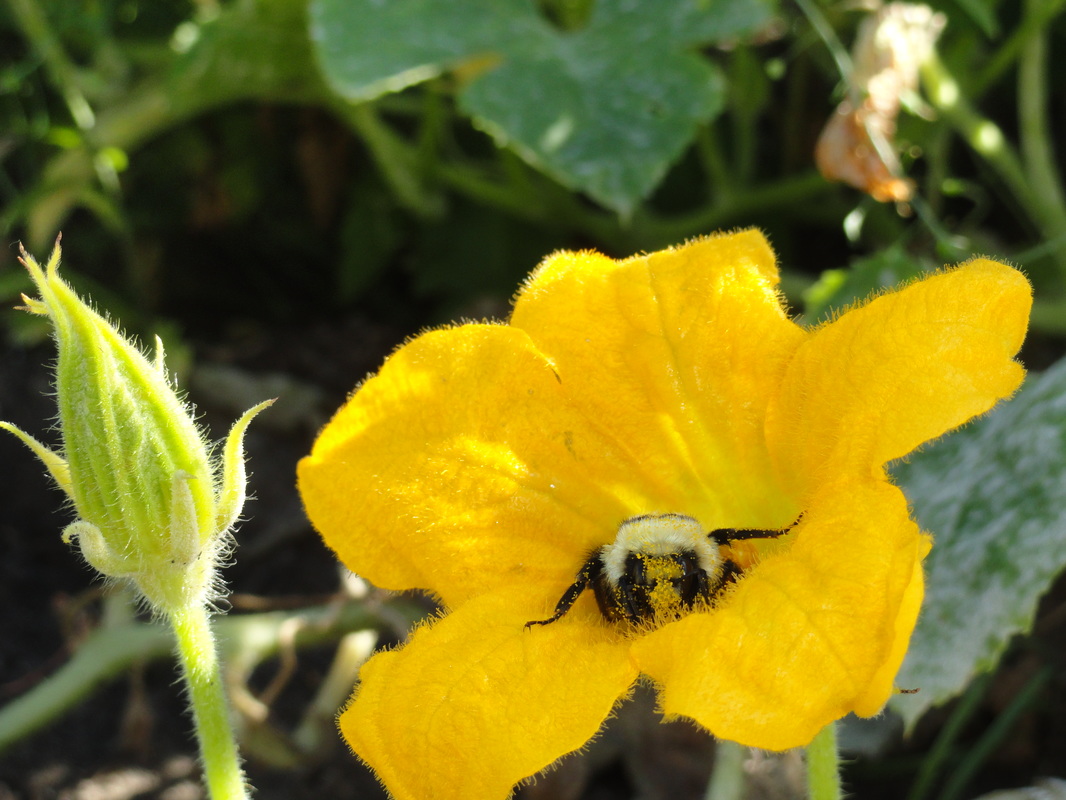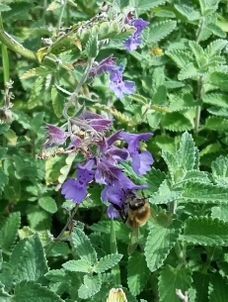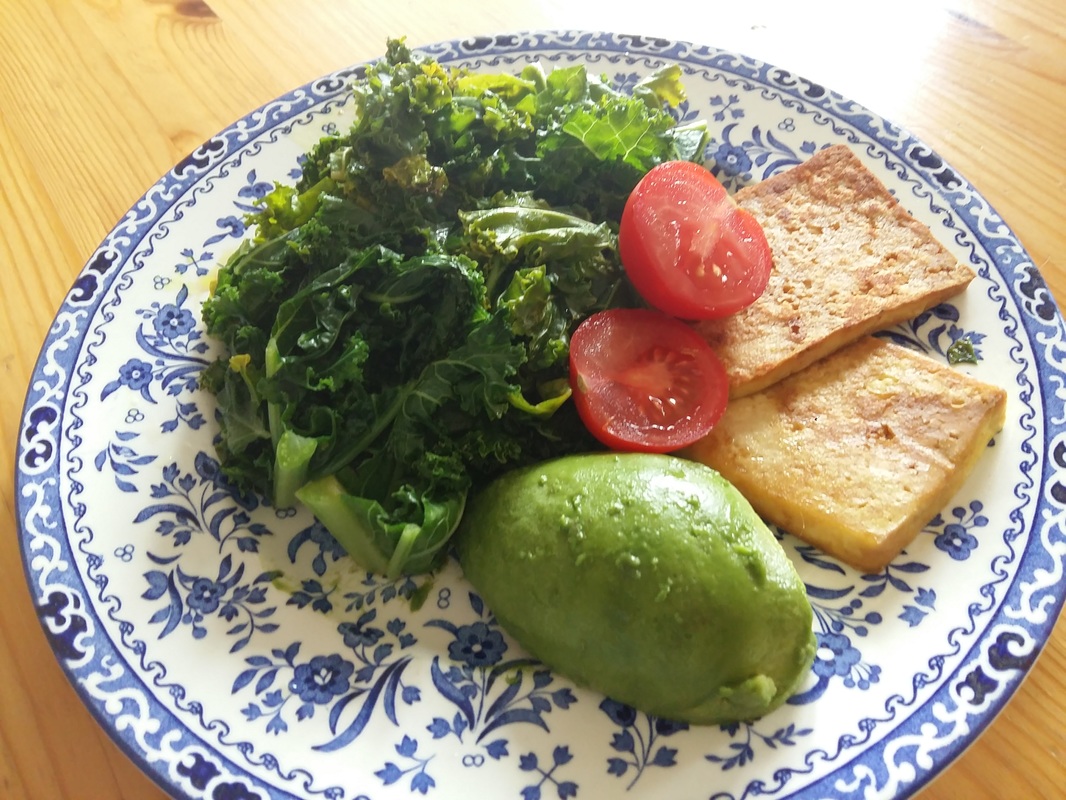Here are a few of my thoughts this year;
Certified Organic is the only non-GMO standard overseen by the Canadian government
Organic standards in Canada forbid the use of Genetically Modified Organisms (GMO) in seeds, in animal feed, and in the ingredients of processed organic food and products. If you’re concerned about GMOs, the only way to avoid them in your diet is by opting for certified organic products. Even when you are not buying certified organic, you can look for local farms that have organic values and just aren't certified yet or might be too small to afford the "certified fee".
Organic producers strive to preserve genetic diversity in our food
The loss of a large variety of species, or biodiversity, is one of the most pressing environmental concerns of our modern age. The good news is that many organic farmers have been collecting and preserving seeds and growing heirloom varieties to protect diversity. I try this in my own little patch of green, this year I've let a lot of things go to seed for next years planting; carrots, chard, spinach (that you can see in the picture has all gone to seed), parsnip, and I'll even try to collect some of the squash seeds.
Organic Growers protect the health of farmers and children
Farmers exposed to pesticides have a significantly higher risk of contracting cancer compared to non-farmers/ organic farmers.(1) Children are more affected than adults when they ingest pesticide residues in food which you can read more about here. Choosing organic reduces the exposure for children and the farmers who grew their food.
Organic farmers build healthy soil for the future
Soil is the foundation of the food chain. Organic farming is focused on using sustainable practices that build healthy soil microbiology and prevent erosion, leaving fertile land that will provide for future generations. This is part of the process we need to take to protect seed diversity and food security for our generation and many more to come.
Studies show that organic produce has higher nutrient values
the British Journal of Nutrition, found that organic crops, ranging from carrots and broccoli to apples and blueberries, have substantially higher concentrations of a range of antioxidants and other potentially beneficial compounds. That review included data from more than 300 studies.
These are just a few of my thoughts on why I love organic that I wanted to share with you this Organic Week in Canada!!
References;
1)NIH; National Cancer Institute; Agricultural Health Study
https://www.cancer.gov/about-cancer/causes-prevention/risk/ahs-fact-sheet




